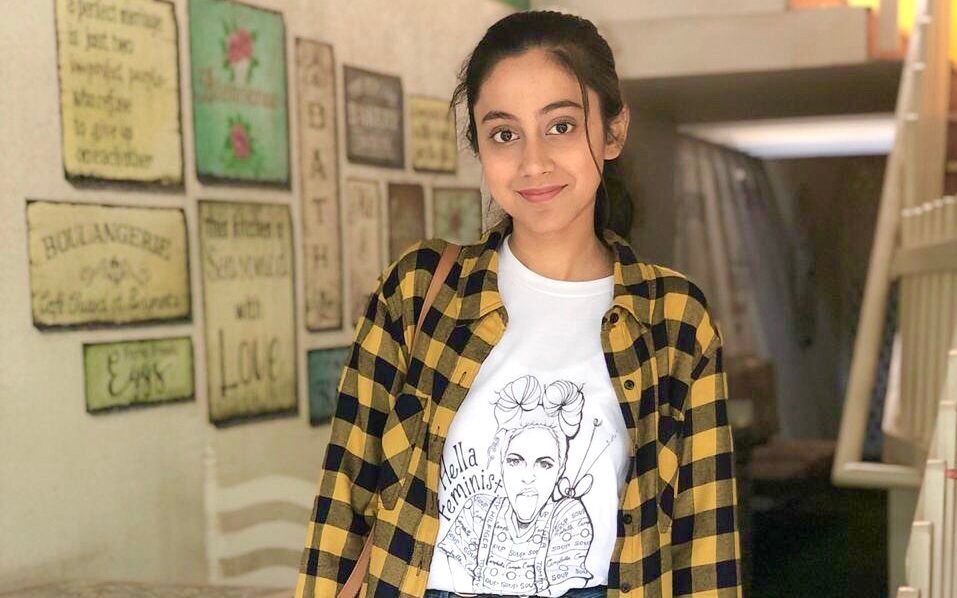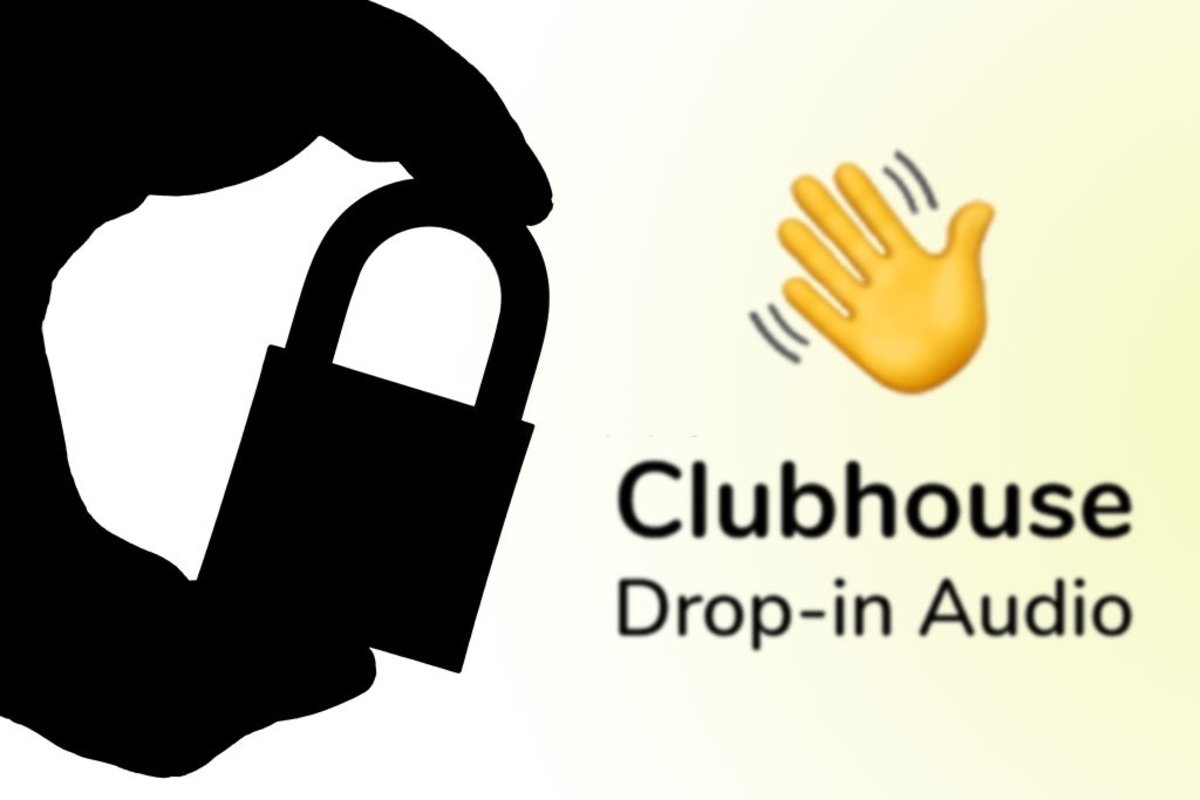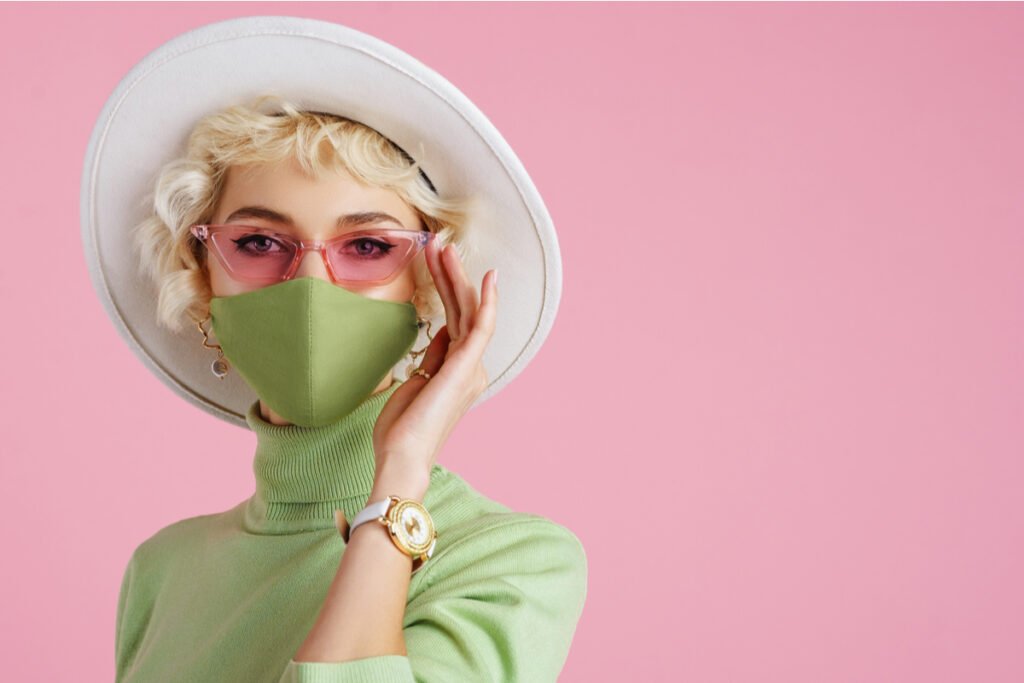In recent years, mental health and therapy have gained some prominence. The thing about life is, nobody is always happy and nobody is always sad. Sometimes, happiness is something under control; we can decide when we want to feel happy about something. But most of the time, emotions are out of our control, including happiness. Just because we want to be happy, doesn’t mean we’re going to feel happy. Why is it so hard to find happiness sometimes? How do we choose better thoughts? I do not have answers to these questions, but I wish I did.
We did however have a talk with mental health advocate Tazeen Shaikh and she was very willing to fill us in on some of our burning questions.
A lot of people are critical of the idea of mental health, claiming it’s all in our heads and if we stopped overthinking, it’ll just go away. “One of the multitudes of reasons is because there is a certain amount of shame associated with mental health to this day. It is unfortunate that a person who has a mental illness might be considered fundamentally flawed. Adding to this list is our society’s long-running tendency to evade confrontation to which the newer generations are forced to give in. This comprises putting on a pretence that everything is okay while someone’s life is on the line,” says Tazeen.
A huge number of people are affected by mental illnesses, and yet, the issue is often not given enough consideration. One of the many reasons why I advocate for mental health and illness is its unfortunate negligence in our social conversation.
Says Tazeen Shaikh
Somehow showing negative emotions (sadness, anger, worry) isn’t appreciated. And who decided these were negative in the first place anyway? All these emotions, the positive and negative ones, get us through life; no emotion is less important. Spend time with your emotions, sometimes they’re trying to tell you something.

Going to therapy has negative connotations in our society among certain groups of people. People who get therapy are seen as ‘weak’. Tazeen had to disagree, “The truth is, every single person on the planet experiences the plethora of emotions that we, as human beings, are designed to feel. But not everyone acknowledges them. What people don’t realize is that it takes courage to accept your own feelings, and to confront yourself. This acceptance and will for confrontation allows room for receiving help, which brings with it vulnerability. Hence, asking for aid from a loved one or via therapy means that you are brave enough to be vulnerable.”
Most of the time, emotions focus on that which requires the most attention – each time our mind jumps to feel something new, it focuses all energy on it. They might not be the healthiest of emotions sometimes, so we need to stop letting them control us. We need to learn to let go of emotions that fail to serve us. It’s tough figuring out what’s wrong, and an outside perspective will definitely help.
Suppressing emotions and dealing with them later at a go is quite common in today’s world. “Not everyone acknowledges their emotions – they try to bury them. This results in a stack of unresolved issues which then manifest themselves in the form of behavioural changes that damage not only oneself but also the people associated with one’s life. At times, a byproduct of this tendency is the passing of traumas from one generation to another, causing a saturation which gets progressively more difficult to deal with,” claims Tazeen.
What is Happiness, Anyway?
Millennials are much keener on finding and doing what makes them happy. They are much more willing to accept that they need help, and are more open to discussing their feelings or what they’re going through. The stigma associated with mental health, and seeking help, is the result of ignorance and misinformation. While studies show that mental health awareness among the youth of India is quite low – recognition of a mental illness, awareness of the causes, and means of self-help and professional help – change is always welcome.

Tazeen went on to say, “Spreading awareness regarding this requires open conversations in families, in schools, at workplaces, among friends, and in our community as a whole. The desperate need for understanding, kindness and patience must be emphasized. We also need to establish the knowledge that people are not defined by their mental illnesses because there is so much more to them.”
Apart from awareness, developing countries such as India lack the infrastructure and human resources for adequate treatment. There is a huge shortage of trained psychologists, psychiatrists and social workers in India. Only with awareness and accessible treatment, can we even start looking at prevention.
I’ve heard people say, ‘Others have it worse’, and belittling what they are going through. However, Tazeen believes that we should seek help the second we feel that we need it. “Waiting around to attain a level of pain, dictated by unaffected individuals, to be eligible for therapy will only make things worse. If pain is felt, it is valid. There is absolutely no necessity for analysing if one’s suffering is as severe as someone else’s. Traumas cannot, and should not be compared,” points out Tazeen.
Tazeen also emphasized the importance of men’s mental health in our society. A common statement that most of us have heard growing up is, ‘men don’t cry’. She argued, “Personally, I find the whole ‘man up’ argument nonsensical. The tendency to neglect men’s mental health is not just specific to India but is also prevalent in other parts of the world. It is acceptable for men to display happiness, pride, and anger, so why are they criticized when they give in to sadness, shed tears, or ask for help? Society needs to realize that they can’t pick and choose what emotions they want their men to feel.”

“Encourage the men in your lives to talk about their feelings. Create a space for them to feel safely vulnerable. Let the boys and men cry.”
Says Tazeen Shaikh
Where To Start?
Emotions can and do co-exist; you can be happy with how life turned out while being sad about other things.
Quite often, a friend or loved one might open up to us about their feelings or reveal what they are experiencing. How can we be there for someone with a mental illness, without putting them down? Tazeen had answers.”The first most important step is to LISTEN. People struggling with mental illnesses fight silent battles on a daily basis and need someone to hear them. Listen without judgement.”
She also noted, “Another thing you need to be careful of is to not outright bulldoze someone with your opinions and advice. Once they’ve shared all that they wanted to, ask if there is anything you can do for them rather than judging for yourself what they need to fix.“

Social media plays a huge role when it comes to awareness and acceptance of these issues. Accounts like Mithra, The Depression Project, Akanksha Bhatia, Kaha Mind, Sonaksha, and The Artidote are dedicated to normalising and destigmatising mental health issues.
Tazeen also had advice for someone who’s going through a hard time and is trying to get better. Her advice: “The most important thing is to be kind and forgiving towards yourself. Allow yourself space to simply be you. Find something that makes you happy, relieves stress and calms you down – it could be music, art, cooking, reading, or it could also be doing nothing at all and simply watching TV.”

“Additionally, it is important to understand that relapses in your healing journey are bound to happen, and that it’s perfectly okay. It doesn’t negate your progress. Also, don’t beat yourself up for not getting better fast enough. Follow your own pace – slow progress is still progress. Better days are coming so keep going.”
About Tazeen Shaikh
Tazeen Shaikh, poet and author of ‘The Fire You Don’t See‘, advocates for mental health awareness and promoting self-love, despite her busy schedule as a student of dentistry. She has also published several articles in collaboration with Project Happiness, Harness Magazine, So She Slays. She is also the blog manager and an interview host for a mental health awareness show at STUK Designs – a self-love non-profit based in Los Angeles. You can keep up with Tazeen on Instagram and Twitter.
Brown Magazine also has a weekly series on its Instagram IGTV, showcasing the lives and experiences of various individuals who have overcome difficulties and found success.





